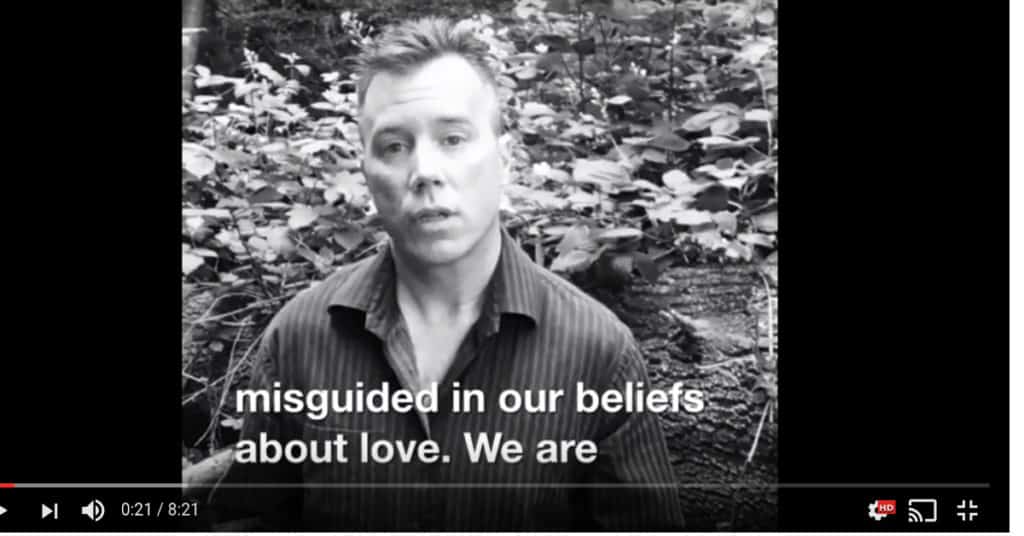
Love like water.
Instead of saying we have different kinds of love, such as, one kind for friends, another for family, and another then lovers. I ask, what if we have only one love that takes different forms, like the way water conforms itself to the present situation? If love like water resonates with you, rather than trying to pour our love into containers shaped like our ideals that assume what love should be. Instead, I suggest, we hold standards of harm that tell us what we should avoid. Things that pollute our love like coercion, deceit, violence and recklessness (such as unsafe sex.) This way of looking at love like water frees us to explore many forms of love, good things that life offers us that are not harmful. Let’s remember there is a difference between feeling discomfort and being harmed. This view allows consenting adults to share their love regardless of many forms it can take. We recognize love will change shape and take countless forms.
When we look at love like water, not only does it explain the unexpected forms it may take, it explains how it can blend with the love of others. This view also accounts for a problem, when we try to pour love into a particular form, to shape love to our beliefs, which is often a mistake. If we have an idea about love that involves ideas, let’s use money, power, property, beauty or prestige for this example, it’s likely we see love as a means to those things. This in turn makes any love outside those things seem inferior. It also ignores the fact that those things are always subject to change. Such ideals impose a limit and channels our fluid love into a vessel shaped a particular way. But we can have money, power, property, beauty and prestige and be unloving and even destructively harmful and selfish. Those attainments can exist quite apart from love. But let’s assume we succeed in achieving such goals, any further discovery in love becomes stifled if we think we’ve already achieved what we sought in love. We think we’ve reached the summit. Not only is this a false limit, it tends to discount any form of love other than the ideal.
When we say, ‘If you loved me, then XYZ’ (meaning any particular kinds of conduct) than we limit the love. I’m not saying that love excludes XYZ, I’m saying if XYZ is our mental criteria for love, that’s a limit we impose that is really small. Love is not obligated to conform to our ideas. An ocean of fresh water can cascade upon us and if we hold up a thimble, that’s how much we get to drink and we may continue to suffer thirst and that is tragic. Denying qualities to love is like denying qualities to a group of people because of their sex. It is a prejudice and prejudice is not a fault of love but rather a fault of thought.
I’ve had lovers become friends and friends become lovers, I have people I must love from a distance due to circumstance. The love is one but simply changing because of the circumstance. This is love adapting to life and not trying to cram love into some ideal. A fluid understanding of love allows our love like water to take forms previously unknown. It takes us into discovery and discovery develops us as human beings, it is also quite vulnerable, exciting, uncertain, delightful and more fully alive because it takes us out of habits, prejudices and routines and makes us a conscious participant in what’s going on.

Pingback: What we think about love, sex and art changes things | No Shame in Sex